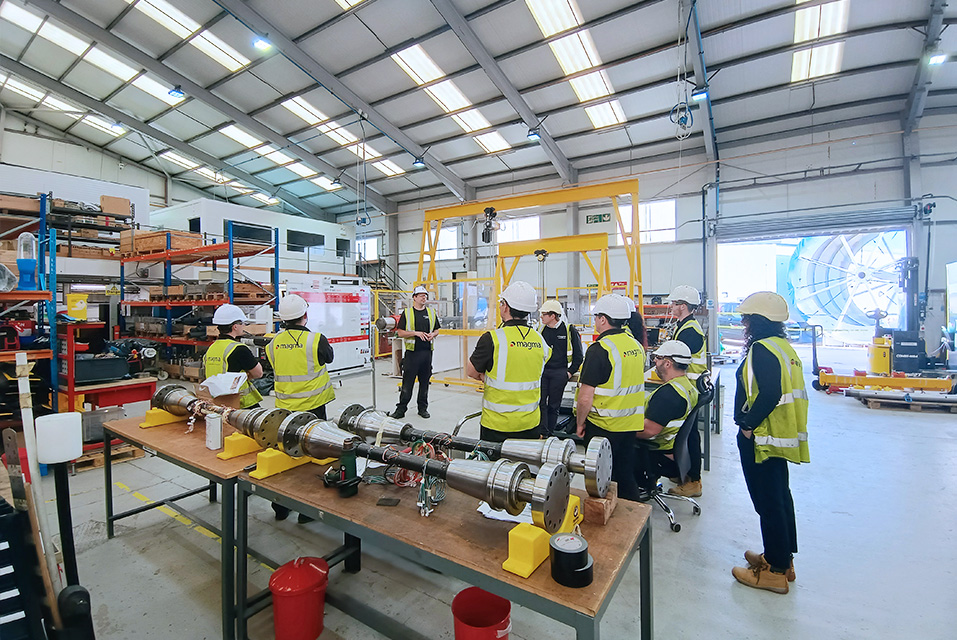Industry insights
Thought-provoking articles on talent within the world of high technology.

Working in startups, scaleups and giants: an interview with Karandeep Singh Langford Bhogal
Karandeep Bhogal is the kind of person who gets called upon to make things happen within the technology sector - regardless of product, application or context.

When your employer brand speaks for itself: a case study of Magma Global
Josh Richardson joined Magma Global in 2014 after completing a Master’s Degree in Mechanical Engineering. He now leads the Design and Test Department, specialising in the mechanical testing of composite structures

Ten years and £15,000: an American engineer’s journey to settling in the UK
Sophia Heath is a friend to Gerrell & Hard, a talented STEM professional and one of a group of successful Junior Product Engineers Gerrell & Hard placed at Polestar in 2021.

Paul Mackenzie: a journey through composites engineering, luxury and leadership
A legend within our industries, Paul Mackenzie has transitioned seamlessly across automotive, luxury marine and now into the world of luxury collectables with Amalgam Collection.

Six weeks as a digital nomad: working and travelling through Europe
G&H's Jonathan Webb spent 6 weeks working and travelling across Europe. Here is his account.

Highlights from The Goodwood Festival of Speed 2023
The name alone can send shivers down the spine of the dedicated petrolhead, evoking in the mind a heady mix of sun, champagne, good food, famous stars and luxury cars.

Changing lives: late-career relocating
An interview with Paul Checkley, Head Of Supply Chain at Rimac Technology

Rising to the challenge - Polestar's pandemic assessment centre
The pandemic created many challenges, many of them grave. If your biggest problem was having to adapt to new working conditions, many might consider you lucky.

Five podcasts for tech fans
Podcasts are a great way to keep ahead of the curve and are good company too, especially while we work from home. Here are some of our favourites.

Reframing redundancy
Reframing redundancy: the many values of volunteering